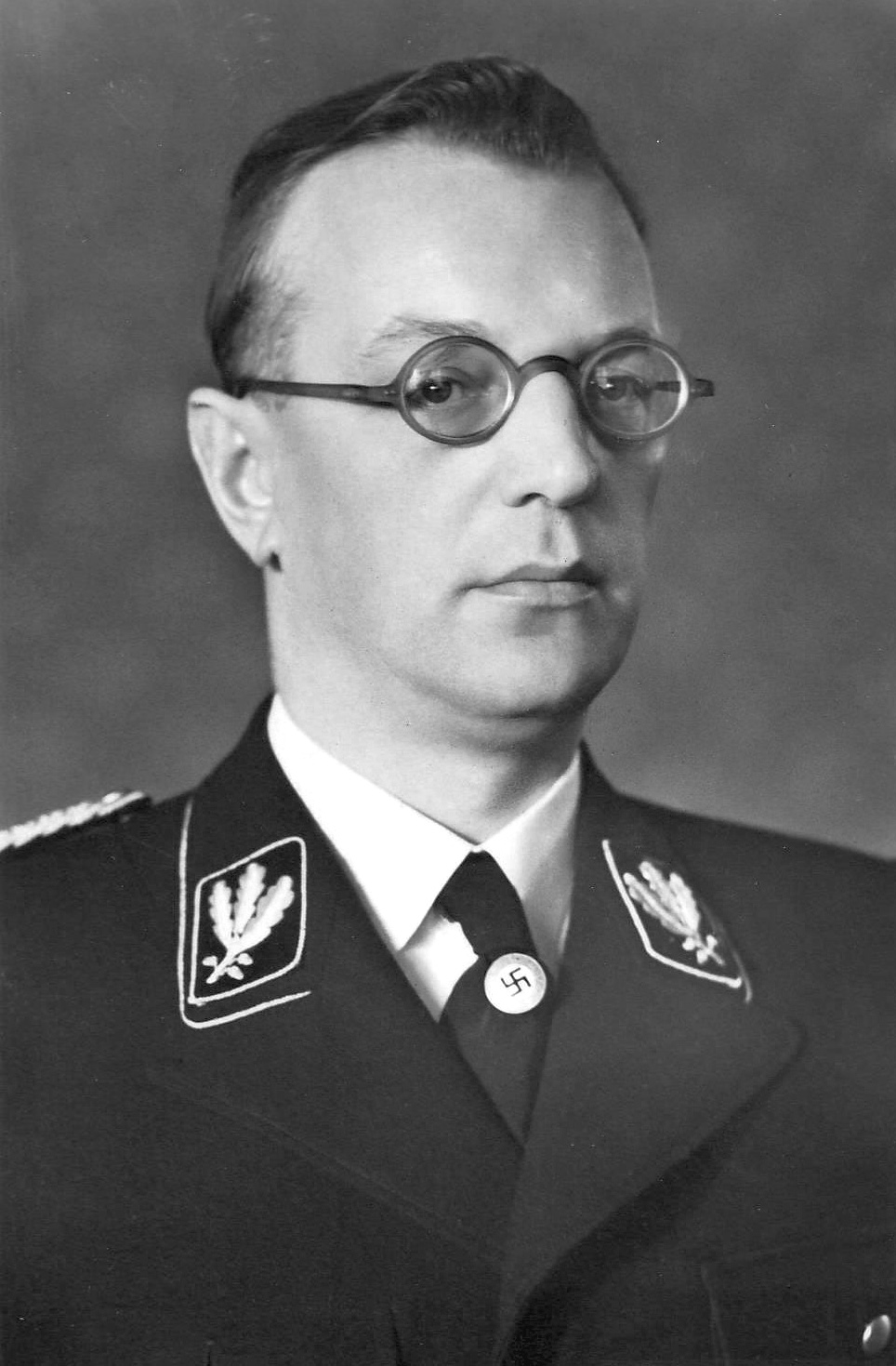To the General Field Marshal
At Present in Vienna, 14 July 1939
Sir:
If I may add something about myself, it is the following: I know that I am not of an active fighting nature, unless final decisions are at stake. At this time of pronounced activism [aktivismus] this will certainly be regarded as a fault in my personality. Yet, I know that I cling with unconquerable tenacity to the goal in which I believe. That is Greater Germany [Grossdeutschland] and the Fuehrer. And if some people are already tired out from the struggle and some have been killed in the fight, I am still around somewhere and ready to go into action. This, after all, was also the development until the year 1938. Until July 1934 I conducted myself as a regular member of the party. And if I had quietly, in whatever form, paid my membership dues—the first one, according to a receipt, I paid in December 1931—I
854
2219-PS
probably would have been an undisputed, comparatively old fighter and party member of Austria, but I would not have done any more for the union. I told myself in July 1934 that we must fight this clerical regime on its own ground in order to give the Fuehrer a chance to use whatever method he desires. I told myself that this Austria was worth a mass. I have stuck to this attitude with an iron determination because I and my friends had to fight against the whole political church, Freemasonry, Jewry, in short, against everything in Austria. The slightest weakness which we might have displayed would undoubtedly have led to our political annihilation; it would have deprived the Fuehrer of the means and tools to carry out his ingenious political solution for Austria, as became evident in the days of March 1938. I have been fully conscious of the fact that I am following a path which is not comprehensible to the masses and also not to my party comrades. I followed it calmly and would without hesitation follow it again because I am satisfied that at one point I could serve the Fuehrer as a tool in his work, even though my former attitude even now gives occasion to very worthy and honorable party comrades to doubt my trustworthiness. I have never paid attention to such things because I am satisfied with the opinion which the Fuehrer and the men close to him have of me.
[Seyss-InquartJ
Extract from a letter to Goering on the Nazi movement in Austria in the 1930s to prepare the way for Hitler's actions in March 1938
Authors
Arthur Seyss-Inquart (Nazi official, Austria, Poland, Netherlands)
Arthur Seyss-Inquart
Austrian Nazi politician, and Nazi ruler of occupied Netherlands, convicted of crimes against humanity and sentenced to death (1892-1946)

- Born: 1892-07-22 (Stonařov)
- Died: 1946-10-16 (Nuremberg)
- Country of citizenship: Austria; Austria-Hungary; Nazi Germany
- Occupation: jurist; lawyer; politician
- Member of political party: Fatherland Front; Nazi Party
- Member of: Schutzstaffel
- Position held: Federal Chancellor of Austria (period: 1938-03-11 through 1938-03-13; replaced by: Anschluss; replaces: Kurt Schuschnigg); Federal Minister for Foreign Affairs (period: 1945-04-30 through 1945-05-02; replaced by: Lutz Graf Schwerin von Krosigk; replaces: Joachim von Ribbentrop); Reichskommissar; member of the Reichstag of Nazi Germany
- Employer: Austrian Federal Government; Reichskommissariat Niederlande
Date: 14 July 1939
Literal Title: To the General Field Marshal
Defendants: Hermann Wilhelm Goering, Arthur Seyss-Inquart
Total Pages: 1
Language of Text: English
Source of Text: Nazi conspiracy and aggression (Office of United States Chief of Counsel for Prosecution of Axis Criminality. Washington, D.C. : U.S. Government Printing Office, 1946.)
Evidence Code: PS-2219
Citation: IMT (page 510)
HLSL Item No.: 450701
Trial Issues
Conspiracy (and Common plan, in IMT) (IMT, NMT 1, 3, 4) IMT count 1: common plan or conspiracy (IMT) IMT count 2: crimes against peace (wars of aggression) (IMT) Wars of aggression
Document Summary
PS-2219: Copy of letter from Seyss-Inquart to Goering
PS-2219: Letter from Seyss-inquart to Goring, 14 July 1939: MÜhl-mann’s dismissal by BÜrckel; the Reich Commission in Austria should be abolished and BÜrckel should leave Austria; Seyss-inquart’s own political views